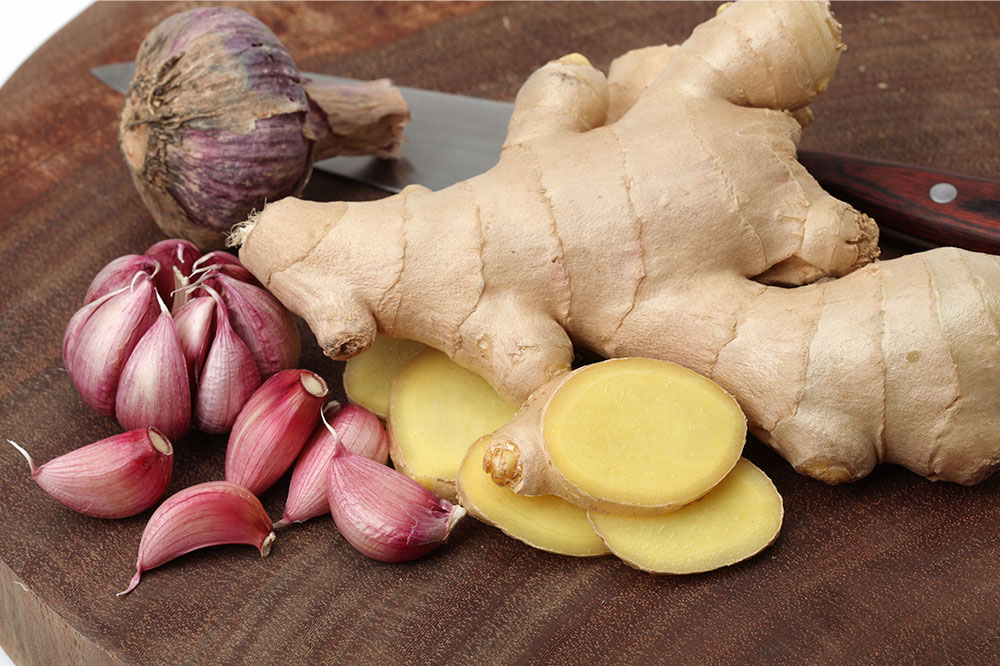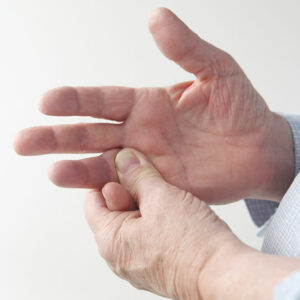Best foods and home remedies to manage nasal polyps

Nasal polyps are soft non-cancerous growths that develop on the lining of the nasal passage and around the sinuses. These polyps commonly develop due to inflammation that is triggered by infections, allergies, or certain immune disorders. There are many treatments, both prescription and over-the-counter, available for dealing with these polyp growths. In addition, certain foods and the following home remedies can also help provide relief in the long run.
Best foods for congestion relief
Garlic and ginger
Garlic helps reduce inflammation and eases the nasal passage while boasting immune properties to fight off infections. Ginger is also rich in antimicrobial and anti-inflammatory properties, beneficial in treating nasal polyps. Both spices can be included in daily cooking or can be used to make tea.
Chilies
Chilies are rich in capsaicin, an active compound that can help relieve pain and dilate blood vessels. The heat from this spice improves breathing by opening up nasal passages and helps loosen the mucous to clear out the sinus cavity. These subtle changes can help combat the discomforts linked to nasal polyps.
Turmeric and cayenne pepper
Turmeric contains curcumin, one of the most powerful anti-inflammatory compounds found in nature. In addition to this, cayenne pepper is a rich source of vitamins, flavonoids, potassium, and beta carotene, all effective in countering inflammation flare-ups and help reduce the risk of allergies with nasal polyps.
Probiotics
Pickled vegetables, kefir, kombucha, kimchi, yogurt, and sauerkraut are essential probiotics that help maintain a positive gut microbiome balance in the body. Studies suggest that healthy microbiome health helps reduce the discomforts linked to nasal polyps and fights any infection.
Home remedies for nasal polyps and congestion
Steam and humidifiers
Steam inhalation is one of the most popular home remedies that help soothe nasal muscles by countering inflammation. A humidifier can also help maintain the moisture content in the surrounding air and prevent the sinuses from drying up.
Neti pot
A Neti pot is used to irrigate the nasal passage and help flush out the toxins that cause sinus irritation and inflammation triggering nasal polyps. A solution made out of warm water and some salt is used in this process.
Nasal decongestant Mucinex® sprays
Mucinex® is a powerful nasal decongestant recommended for use among people who suffer from severe sinus allergies and nasal infections. The fast-acting relief formula is effective for a period of 12 hours and provides relief from day or night symptoms.



